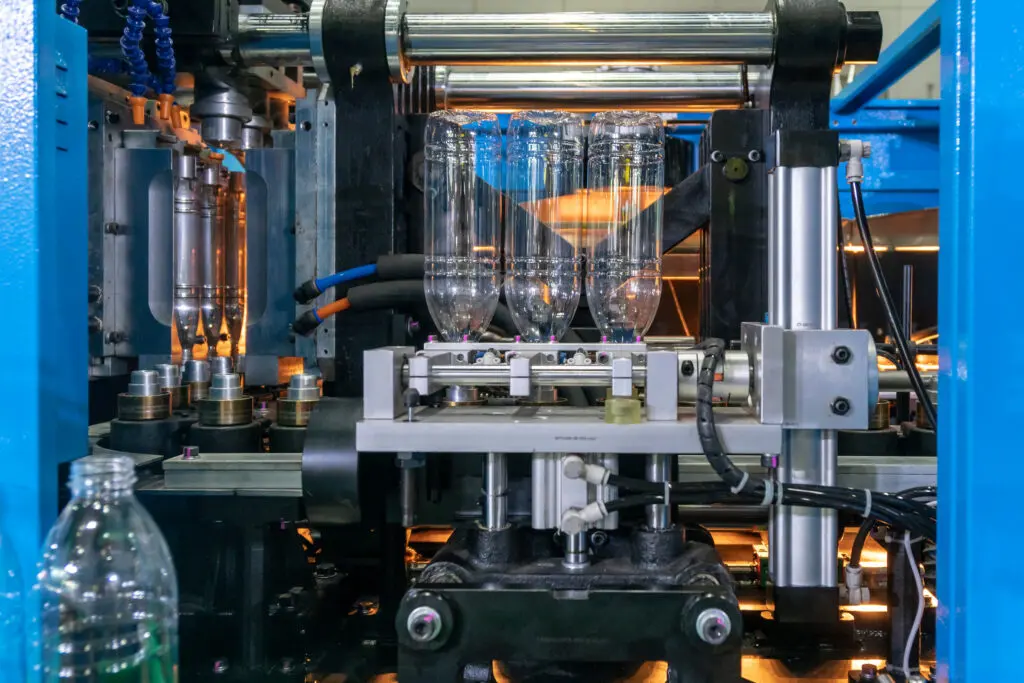The European Commission has launched a public consultation on rules for calculating and reporting recycled content in single-use plastic beverage bottles.
The rules, which will cover chemically recycled content, are intended to support mandatory targets set under the Single-Use Plastics Directive. The intention is to boost the competitiveness of both the EU chemical industry and manufacturers that use plastics in their production, helping to establish Europe as a leader in sustainable innovation.
The targets include 25% recycled content in SUP beverage PET bottles by 2025 and 30% in all SUP beverage bottles by 2030.
The Commission is approaching the changes in two steps. The first introduces a methodology focused on the mechanical recycling of PET while the second encompasses all recycling technologies, including chemical.
Action Plan
The rules are part of an ‘Action Plan for the EU Chemicals Industry’, designed to strengthen the sector’s competitiveness and drive a transition toward safe, sustainable and innovative chemical production.
The Commission says that while all recycling technologies are better than incineration or landfill, disposal although mechanical recycling is acknowledged is typically less polluting and more energy-efficient than chemical recycling.
‘However, when mechanical recycling is not feasible or when higher quality standards are needed, for instance for food packaging, chemical recycling provides a valuable alternative,’ it notes in a press release.
‘The new rules will ensure transparency in calculating the amount of chemically recycled content in new single-use plastic bottles for beverages. By setting up a clear calculation methodology, the rules will create a level playing field and provide investment security for the sector in a technology-neutral way.’
‘Fuel-use’ excluded
The methodology is based on the ‘fuel-use excluded’ allocation rule, which means that waste used to produce fuels or energy recovery cannot be counted as recycled content, in line with the definition of recycling in the Waste Framework Directive.
Annual third-party verification will be required for the most complex stages of the value chain, such as during chemical recycling. The requirements will be lighter for small and medium-sized enterprises with verification required every three years. Companies will be responsible for checking their business partners’ self-declarations, while national authorities will conduct risk-based controls.
Stakeholders are being invited to provide feedback on the EU’s Have Your Say portal by 19 August. The Commission wants the final draft to be adopted in the autumn.
Don't hesitate to contact us to share your input and ideas. Subscribe to the magazine or (free) newsletter.



